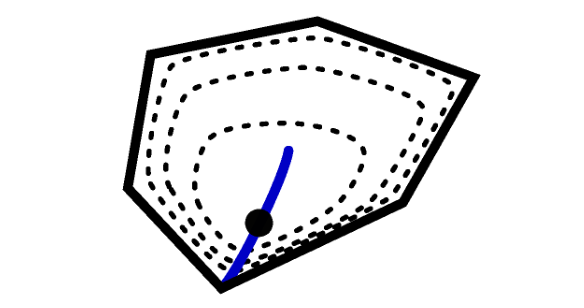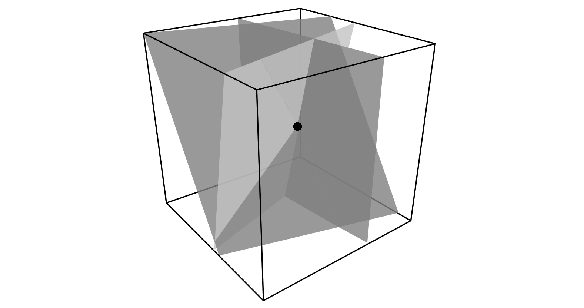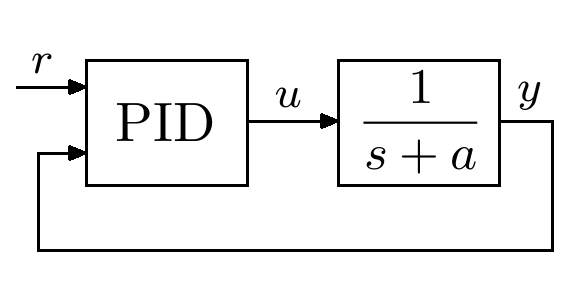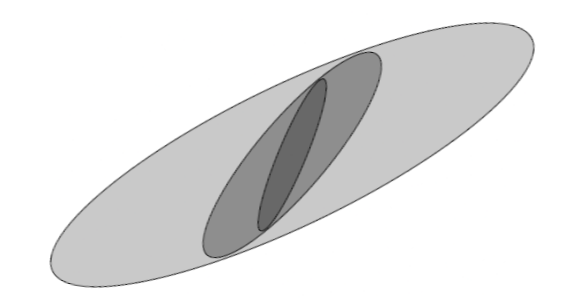Adaptive model predictive control of constrained multiple-input multiple-output systems and its application to the quad tank system
Abstract: Adaptive control involves adjusting the controller using data gathered in real-time, with the goal of controlling uncertain and/or time varying dynamic systems, which in practice invariably have constraints on the control inputs and usually also on the controlled variables. Although there is a well established theory of adaptive control, there are few results on constrained MIMO systems. To address this issue, an adaptive MPC algorithm for constrained linear MIMO systems has recently been developed, which integrates real-time set-membership identification (SMI) with constrained control. The identification step recursively identifies the set of all plant models consistent with initial information on the plant and input-output data collected in real-time. The controller then uses this set to guarantee satisfaction of input and output constraints for all the plant models inside it, and thus also for the true plant. The method is able to guarantee robust output constraint satisfaction, recursive feasibility, and offset-free reference tracking. It is also computationally tractable, requiring only solving standard convex optimization problems. Building on this structure, in this thesis we focus on methods to improve the set-membership identification step and extend it to deal with time-varying systems. For polytopic SMI, a method to evaluate the informativeness of measurements is developed to make careful use of the limited resource that is the number of faces of the polytope. Furthermore, a basic bounded complexity method is augmented with learning capability, which can tune the method to plant dynamics. Extensions that can handle time-varying systems are constructed, using ideas of model set inflation for slowly varying and center tracking for rapidly varying systems. Zonotopic SMI methods are investigated as a computationally advantageous alternative to polytopes and zonotopic counterparts of the polytopic methods to deal with time-varying systems are proposed. The developed algorithms are verified through simulations on a nonlinear quadruple-tank process model.





Leave a Comment